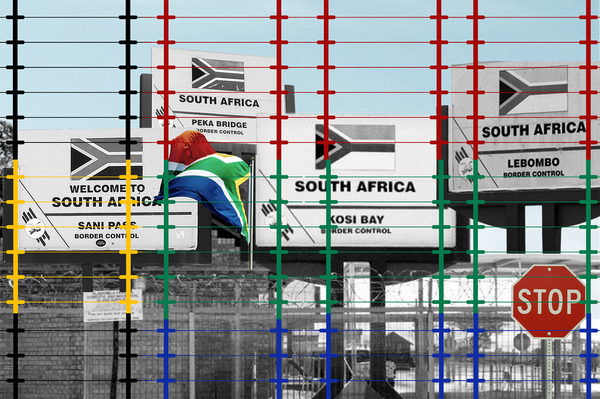
The Not-So-Free Movement of People
The word ‘containment’ is fitting when describing South Africa’s immigration policy. From the legislation that seeks to control and limit the movement of unskilled people, to the alarming raids that seek to identify and incarcerate people who are undocumented in harrowing detention facilities where there is little regard for their human rights. South Africa has an alarmingly high deportation rate—
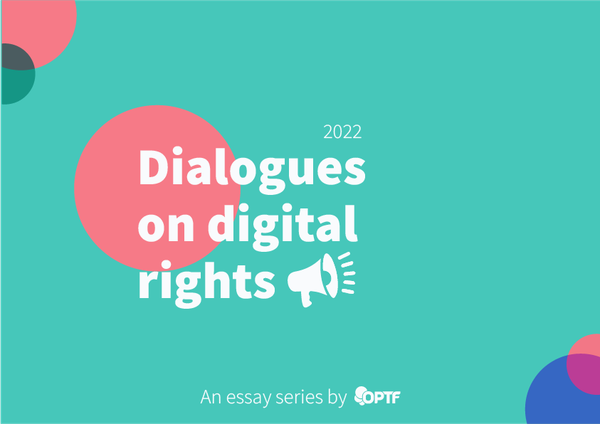
Reflections on Nigeria’s Twitter ban
This article was commissioned by the OPTF to as part of a project to encourage more writing on digital rights issues. Adenike Fapohunda is a candidate attorney who did her final year thesis on the Nigerian Twitter ban. Her writing can be found at https://medium.com/@nikefapohunda
On the 5th of June 2020, The Federal Republic of Nigeria joined a list of countries that have banned the social media application Twitter [1]. The government justified this ban by claiming that it was necessary to prot
On the 5th of June 2020, The Federal Republic of Nigeria joined a list of countries that have banned the social media application Twitter [1]. The government justified this ban by claiming that it was necessary to prot
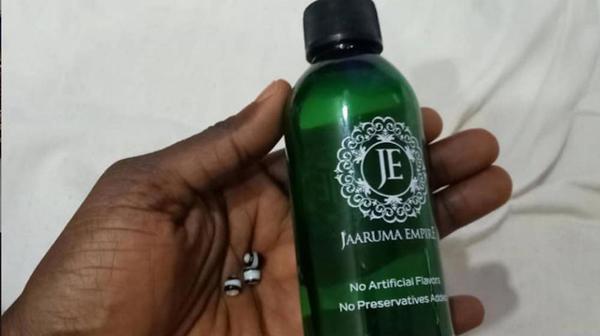
Juju: How Instagram Is Being Used to Rebrand 'Black Magic'
Instead of ending things and subjecting herself to Tinder's endless swipe cycle's endless swipe cycle, she decided to seek supernatural reinforcement. In her local town of Benin in southern Nigeria, she saw a babalawo, traditional spiritual healer, who asked her to eat a chicken that was cooked using an ancient recipe of traditional herbs. After burying the leftover chicken bones, the babalawo recited incantations, and soon enough, the ritual was over. Ifeoma swears that the juju worked as inten
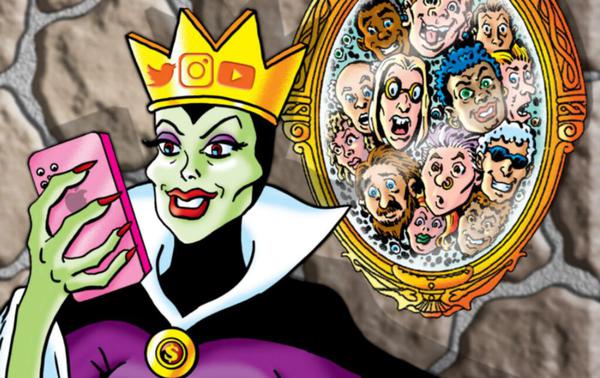
The Problem With Influencers ❧ Current Affairs
Picture this. You’re scrolling late at night through your Instagram recommended feed, when a perfectly curated picture catches your eye. You open up the profile. You’re intrigued. Maybe it’s a perceived similarity between you and the person in front of you, maybe you want to dress like them, maybe you both share a niche interest in vintage Russian babushka dolls. Soon enough, you’re looking at pictures from 2017, and then you follow them.
Their pictures pop up on your timeline, and then you’re
Their pictures pop up on your timeline, and then you’re
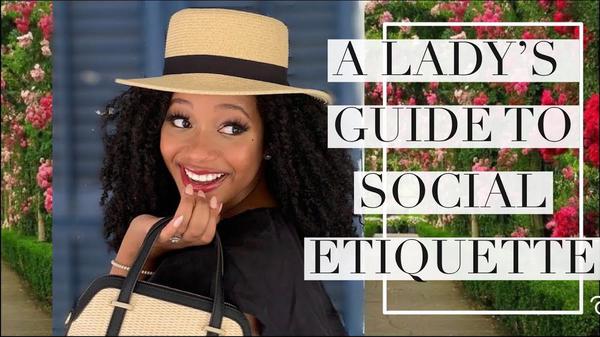
The Digital Finishing Schools for Black Women: Inside the Bizarre World of Black Femininity
“It’s nothing short of patriarchy preserving” – Black Women are reclaiming their femininity through online communities that offer hypergamous dating advice and social etiquette training; we ask if this collective drive for hyper-femininity is helpful or harmful.
Historically, Black Women have been portrayed as aggressive and angry, with words like ‘strong’ frequently being used to describe us, affecting many of our dating outcomes. For instance, Black Women receive 25% fewer first messages on O
Historically, Black Women have been portrayed as aggressive and angry, with words like ‘strong’ frequently being used to describe us, affecting many of our dating outcomes. For instance, Black Women receive 25% fewer first messages on O
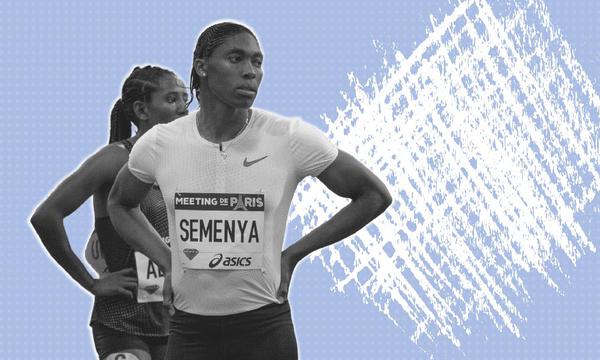
Athletics is waging a war of transphobia and misogynoir – and black African women are losing out
Christine Mboma and Beatrice Masilingi, at only 18 years old, hold two of the fastest ever recorded times for the women’s 400m. Yet last week, it was reported neither will be able to compete in the Tokyo Olympics because of their naturally occurring high testosterone levels.
Testosterone has become a controversial topic in women’s sports over the past few years. In 2018, amidst bio-essentialist (the belief that a trait is inherently and permanently male and masculine or female and feminine) fea
Testosterone has become a controversial topic in women’s sports over the past few years. In 2018, amidst bio-essentialist (the belief that a trait is inherently and permanently male and masculine or female and feminine) fea
MAVERICK CITIZEN OP-ED: SANDF’s attacks on Gauteng’s Happiness Valley: A stark reminder of racialised denials of dignity and the limitations of the law
A resident after he was injured during a ‘military operation’ in Happiness Village. (Photo: Supplied)
As South Africa marks Freedom Day on 27 April, many of its citizens are still unable to exercise their right of access to space, belonging, safety and economic security. This article calls for a response from society to bring an end to this constant dehumanisation.
At two in the morning the banging starts, on the door at first and then all around the walls of the shack. Bulelani* wakes up, ter
As South Africa marks Freedom Day on 27 April, many of its citizens are still unable to exercise their right of access to space, belonging, safety and economic security. This article calls for a response from society to bring an end to this constant dehumanisation.
At two in the morning the banging starts, on the door at first and then all around the walls of the shack. Bulelani* wakes up, ter
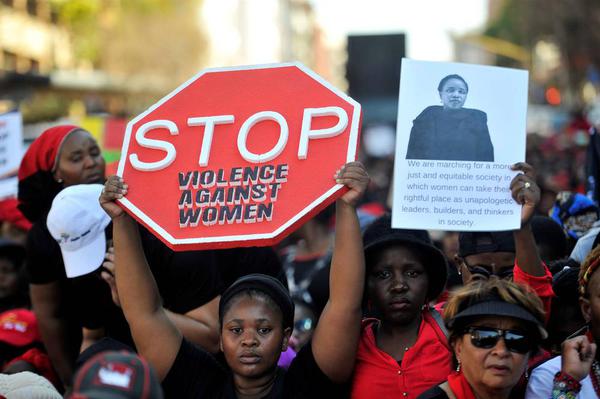
South Africa's Plague of Masculine Violence
It is almost impossible to live in South Africa and be unaffected by prejudice; masculine violence in South Africa is a weaponization of this prejudice.
For the citizens of South Africa, the first week of September this year was a week in which we were forced to consider the many painful realities of South Africa. Like the fact that the society we live in is stained by violence, hatred, and prejudice. The first week of September saw Uyinene Mrwetyana , Jessie Hess and twelve other people lose t
For the citizens of South Africa, the first week of September this year was a week in which we were forced to consider the many painful realities of South Africa. Like the fact that the society we live in is stained by violence, hatred, and prejudice. The first week of September saw Uyinene Mrwetyana , Jessie Hess and twelve other people lose t
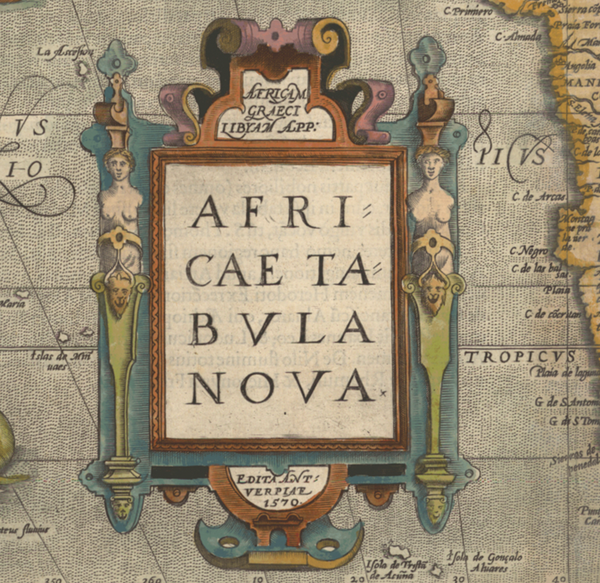
Who owns African Art?
The ongoing conversation about the ownership of African art tends to center historical works and cultural artifacts. From the Benin Bronzes to the body of Sarah Bartmann, the relationship between African cultural production and the west has been characterized in great part by theft, violence, and the outright objectification of African bodies. In a political climate where redress and reparations for colonial crimes are becoming increasingly mainstream, it’s only natural that the return of stolen

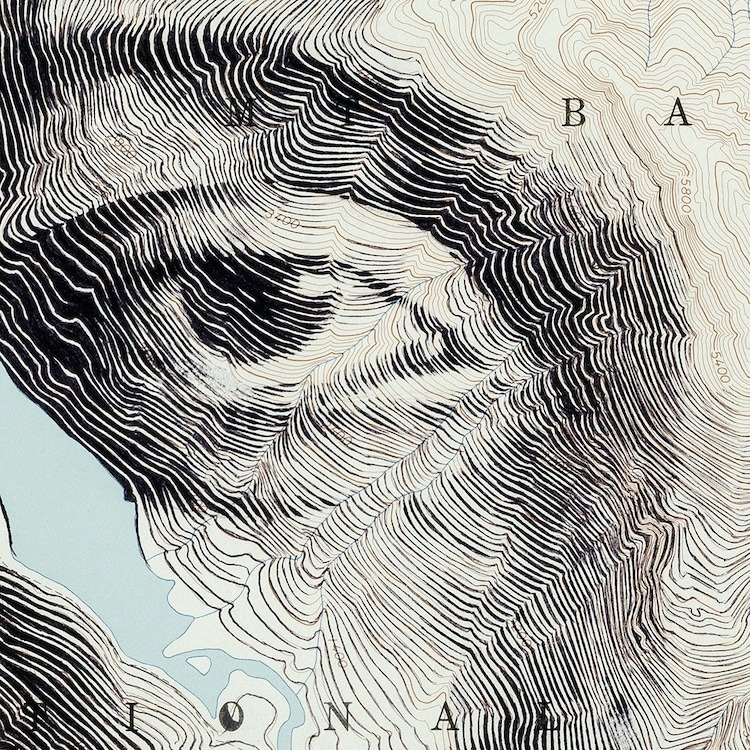
About Me
I am a freelance writer based in Johannesburg, South Africa. You can contact me below.